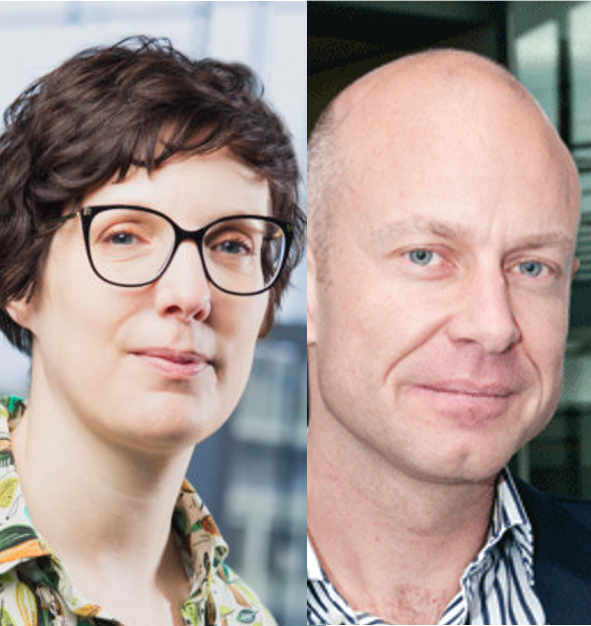In this ‘post-truth era’, in which norms and science are being increasingly questioned, is ‘not knowing how and what to know’, as University of Connecticut Professor of Philosophy Michael P. Lynch puts it, putting the success of global vaccination programs at risk?
Gaps in coverage in well-established vaccination programs have led to recent outbreaks of preventable diseases such as measles, whooping cough, rubella, and mumps across Europe and North America. In Romania alone, there were more than 7,000 cases of measles reported in 2017, including 33 preventable deaths. While many of these cases may be due to lack of access or awareness, studies have shown that clusters of vaccine refusers may be associated with outbreaks of vaccine-preventable diseases.
One recent survey, which investigated sentiment and attitudes towards vaccines across 67 countries, found Europe to contain seven of the ten least confident countries towards vaccine safety. But vaccine hesitancy is not limited to Europe – the issue is a global one. “Rumors around vaccines, while not new, occur around the world, spread quickly and can seriously erode public confidence in immunization, ultimately leading to vaccine refusals and disease outbreaks,” said Heidi Larson of the London School of Tropical Medicine.
The view that vaccines are unsafe and the increasing occurrence of easily preventable diseases sit in stark contrast with the decades of evidence that have shown vaccines to be one of the most effective and safest public health tools in the fight against infectious diseases. The evidence is clear: #vaccineswork. The recent Goalkeepers report by the Bill & Melinda Gates Foundation, which tracks progress on vaccine coverage against the Sustainable Development Goals vaccine target, hails widespread vaccination as “one of the most impressive public health stories in global health.”
Why then do some people ignore the evidence and question the benefits of vaccination? Recent research shows us that, for some people, it may be a question of trust, particularly in medical and government institutions. Furthermore, when people feel the science of vaccination conflicts with their personal beliefs and values, no amount of additional science will convince them. A recent study showed that those parents who are concerned about vaccines place a high value on liberty and purity. Emotions may also play a role in many vaccine decisions; we know people tend to “feel risk” rather than make a rational calculation and unlike most medicines, vaccines are administered to healthy people so risk tends to be less tolerated than when treating a disease.
So if hammering home the facts is unlikely to change people’s minds on vaccination, what could work? As Maya Goldenberg, Associate Professor at the University of Guelph, rightly notes: “We trust those whom we perceive to have our best interest at heart.” People tend to trust their healthcare professional (HCP), and numerous studies have shown that if a HCP recommends vaccination, people are likely to accept, especially if the initial recommendation is firm.
However, if people express vaccine concerns, we must respond by framing vaccination within their worldview. “You could frame purity positively — saying vaccines are a very natural product, they work with a natural system,” suggests Saad Omer, Professor of Pediatrics and Epidemiology at Emory University.
Public health bodies have long provided impartial and fact-based information to help citizens lead informed and healthy lives, and are increasingly spreading that message online to reach and engage new demographics and counter false claims, such as the Centre for Disease Control’s selfie social media campaign #VaxWithMe.
Industry’s primary role in building vaccine confidence is to develop and manufacture safe and effective vaccines. This underpins sustainable global collaboration between industry, universities, research institutions and biotechs. It is this vast global network of scientific and technical knowledge, sustained investment and ambition that drives new discoveries, clinical trials and medical innovations that continue to prevent disease and improve health around the world.
The global health community is committed to improving and protecting public health, which includes innovative partnerships to proactively communicate vaccine evidence in new and effective ways. Broad, inclusive and creative collaborations will be key for sustained vaccine confidence and to increase global vaccination coverage rates. Now is the time for all those involved – global and national health bodies, industry, health practitioners, advocates, and civil society – to be exploring how we build vaccine confidence in a post-truth era.






